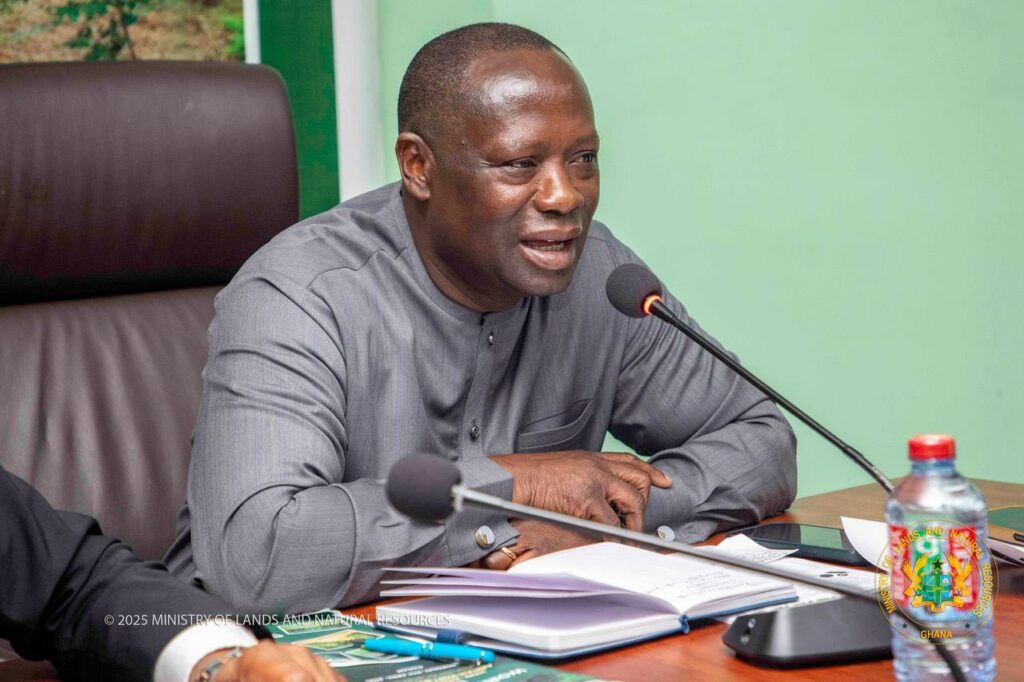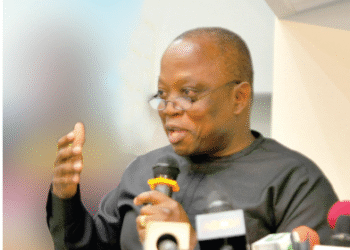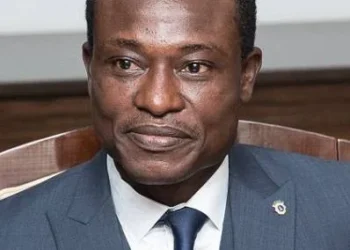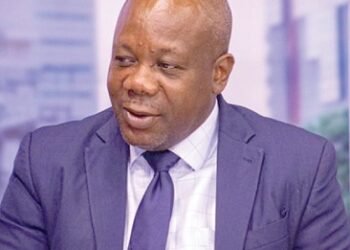Calls for the government to honour its promise to repeal Legislative Instrument (LI) 2462, which permits mining in forest reserves, have intensified in recent days, as critics warn of growing contradictions between policy rhetoric and ground-level actions in the fight against illegal mining, popularly known as galamsey.
Policy analyst Alfred Appiah has accused the government of failing to stay true to its environmental commitments despite a wave of public support for stricter anti-galamsey measures.
“The new government has plenty of positive economic stories to tell, but it risks letting them be overshadowed by its refusal to honour a key promise: repealing the legislation that permits mining in forest reserves.”
Alfred Appiah
The crux of the issue, according to Appiah, lies in what appears to be a sharp policy U-turn. He recounted that in the lead-up to the 2024 elections, the National Democratic Congress (NDC) and President John Dramani Mahama made a clear pledge to repeal LI 2462, which gives legal backing for mining activities in forest reserves.
However, instead of revoking the legislation outright, the government recently filed an amendment to the law, removing the President’s powers to grant mining leases in forest reserves, while retaining the broader legal framework that still permits mining under certain conditions.

The legislative instrument matured last Thursday, June 19, making it officially enforceable and triggering a renewed backlash from environmental activists and the Coalition Against Illegal Mining.
Critics argue that the amendment falls short of the promised full repeal and does little to dismantle the structural enablers of forest-based galamsey.
Economic Incentives
Alfred Appiah suggested that economic incentives may be playing a quiet but decisive role in the government’s decision to backtrack.
He raised the possibility that the growing dominance of small-scale gold exports — now overtaking large-scale mining as the country’s primary gold revenue source — may be influencing the administration’s reluctance to cut off access to lucrative mining zones, including forest reserves.
“There is growing suspicion that galamsey has become so deeply embedded in the economy that banning mining in forest reserves and cancelling licenses would hurt export earnings,”
Alfred Appiah
He pointed to the government’s use of the newly established Goldbod, which purchases the majority of gold from the small-scale sector, as a complicating factor.

Goldbod, he noted, currently lacks robust traceability systems to differentiate between legally mined gold and gold sourced through galamsey.
“It’s not a stretch to conclude that the government is buying galamsey gold too. While Goldbod works to improve traceability, the government must demonstrate real commitment to fighting galamsey at its source by immediately repealing LI 2462. A promise was made to Ghanaians. It’s time to keep it.”
Alfred Appiah
Government’s Assurance
Meanwhile, the government continues to assert that it remains firmly committed to eradicating illegal mining. Appearing before Parliament, the Minister of Lands and Natural Resources, Hon. Emmanuel Armah Kofi Buah, reiterated that his ministry is taking urgent action to address the galamsey menace.
The minister’s remarks came in response to an urgent question demanding clarity on steps being taken to prevent further tragedies following the recent deaths of two individuals in a galamsey pit at Karlo in the Suaman Constituency on March 20, 2025.
In his response Hon. Buah explained that the government is rolling out a new initiative aimed at reclaiming degraded mining lands and promoting sustainable mining practices.
“We are engaged in a very aggressive programme to reclaim all these areas to minimise those risks,” he told the House. He also said the ministry was developing a cooperative mining model to organise artisanal miners in a more responsible and environmentally sustainable manner.
The Minister further detailed other enforcement measures, including the arrest of over 30 individuals in coordinated anti-galamsey operations across three regions.
He noted that the Minerals Commission is now deploying drone technology to better monitor and manage mineral resources and combat illegal mining.
Additionally, he revealed that the government had partnered with the Ghana Chamber of Mines and the judiciary to expedite the prosecution of illegal mining cases, ensuring quicker and more decisive justice.

Community education and sensitisation campaigns are also underway to raise awareness about the dangers of illegal mining and the long-term environmental damage it causes.
Despite these assurances, scepticism remains high among environmental advocates and policy watchers. Many argue that the refusal to repeal LI 2462 undermines the government’s entire anti-galamsey crusade, sending mixed signals about its real priorities.
The fact that the enabling law remains intact, despite its controversial implications for forest conservation continues to erode public trust.
As the government pushes forward with its mining reforms and enforcement strategies, it must now grapple with the growing perception that its fight against galamsey is being compromised by economic expediency and broken promises.
The repeal of LI 2462, many believe, is not just a legislative formality—it is a litmus test of the administration’s sincerity in safeguarding Ghana’s natural resources.























